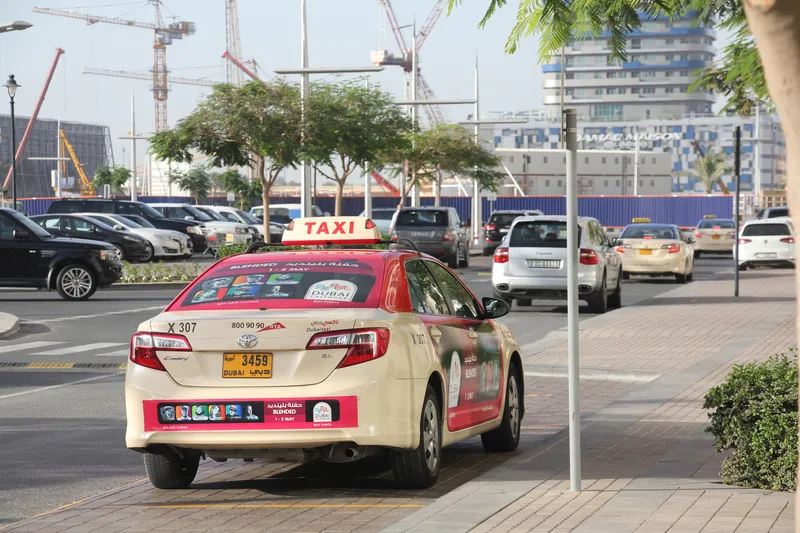
The Central Ohio Transit Authority (Cota) is renewing a programme that offers unlimited free transit access to enrolled workers and residents in the city of Columbus until 31 December 2025.
Cota is the regional public transit provider for greater Columbus and Central Ohio.
CEO Joanna M. Pinkerton says: “Renewing the C-pass programme ensures thousands of downtown employees will have equitable access to transportation to work for years to come.”
The C-pass programme stems from an agreement with the Capital Crossroads Special Improvement District (CCSID) and the Mid-Ohio Regional Planning Commission.
Marc Conte, acting executive director for CCSID, says: “Downtown C-pass has proven to be a successful programme that reduces car trips into downtown and eases the scarcity of parking."
"This supports our property owners’ efforts to lease more space while providing employers with a valuable recruitment and retention tool.”
Cota says more than 450 downtown organisations have enrolled more than 15,000 employees and residents since the programme launched in June 2018.
C-Pass has more than doubled the ridership of the downtown workforce, the transit authority adds.
Currently, Cota fares are temporarily suspended. C-Pass will automatically be reactivated for all enrolled workers when fares are reinstated.
In the wake of Covid-19, Cota has made face masks mandatory for all customers and operators.
It says it also sanitises all transit vehicles three to five times a day, treats all surfaces with an antibacterial solution and has doubled the sanitisation of 118 transit shelters.










